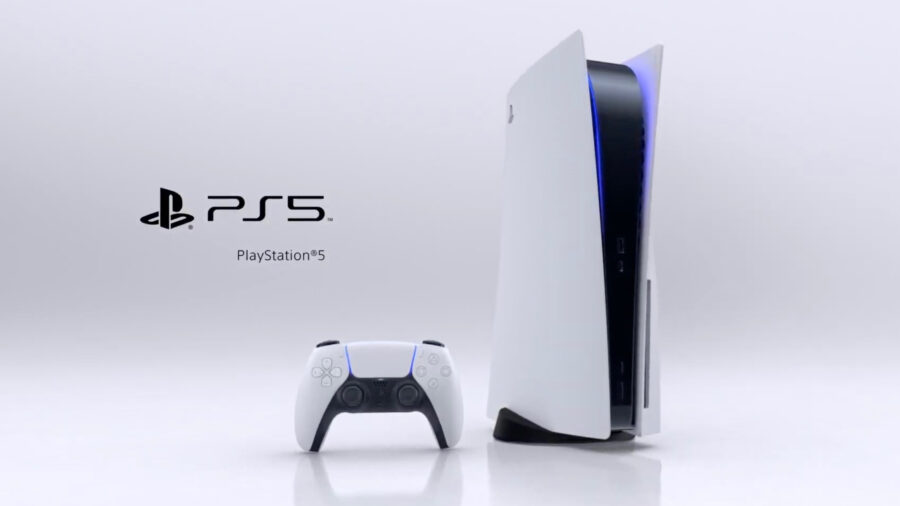Sony Creates PS5 Registry To Buy Console Directly From Them
PS5s are proving so tough to buy that now Sony is creating a registry so players can buy the console directly from them!
This article is more than 2 years old

One way of subverting extended hardware shortages is to skip third-party resellers in favor of carrying the units yourself. If initiative is criterion for ingenuity, then Sony wins points for leading the pack. The tech mogul is giving frustrated patrons a chance to own a PS5 (and all necessary peripherals) by opening a nationwide registry. PlayStation Network (PSN) users may sign up to receive an invitation at random starting next month; final decisions on reservation would depend on guidelines met, previous PlayStation activities, and common interests. Only paid PSN subscribers within the United States can avail of the promo. Conversely, those living overseas can still order so long as the items ship to a U.S.-based address.
Getting your hands on a PS5 hasn’t been easy for customers still hoping Walmart, Best Buy, Target, GameStop, and Amazon would pull through. Those interested in trying their luck with Sony may register here. Merry Christmas, indeed.
Lucky users, if chosen, can purchase the following per PSN ID: 1 PlayStation 5 console or 1 PlayStation 5 Digital Edition, 2 Cosmic Red or Midnight Black DualSense wireless controllers, 3 white DualSense wireless controllers, 1 PS5 Media Remote, and 1 PULSE 3D wireless headset. Owing to limited stock and unlimited demand, these items are reserved for a limited time to only one PSN ID at once. The instructions found in the email will include an expiration date; if registrants fail to purchase any or all products before the clock runs out, they will be made available to the next lucky customer. Sony will be sending applicants at least one email: first before the event begins on November 1 and another if picked out. If the second email doesn’t arrive, it’s safe to say you weren’t selected.

The good news: gamers needn’t worry about losing stock. Once a PS5 bundle has already been reserved to someone, that person is free to avail of whichever item they desire as long as they ascribe to the limited time period given. The only way to lose supply is by not claiming anything before the timer ends. The expiration date differs depending on when a bundle is initially offered, so for reference, just check your email.
There’s no such thing as being “sold out” when everything is left up to reservations. This should ideally also be the case for pre-orders since significant downpayment is necessary prior to release; unfortunately, third-party merchants like Walmart haven’t been able to honor such an agreement because of an open, ongoing application process and delayed shipments resulting in lacking PS5 stocks. Keeping availability to a restricted and closed registry allows Sony to sell only what they’re able without proffering the public any empty promises. Nothing more, nothing less.
Overcharging also won’t be a problem with Sony, since being the PS5’s primary purveyor eliminates the need to hike prices to make ends meet, which is how scalpers (or shops like GameStop) were able to make their living. Low quantity equates to higher sums. Stores simply aren’t vending enough to make breakeven, much less surplus. But with Sony limiting purchase to a select few, increased costs are unnecessary.
The registered names are tied to everyone’s individual PlayStation Network account, so make sure the email you use to join is the same email currently attached to PSN. At present, Sony is accepting payment via MasterCard, Visa, and Discover. More options will come up the closer we are to the conclusion of the event. The ongoing PS5 shortage is estimated to continue till 2022, according to insiders. Manufacturers would have to make consequential adjustments to the post-pandemic era during this time, if they hope to recover from the aftereffects of America’s ill-advised tech war against China and the factory fires in Japan that, together, cost the world a significant amount of semiconductor chips for use in automobiles and most electronics.












